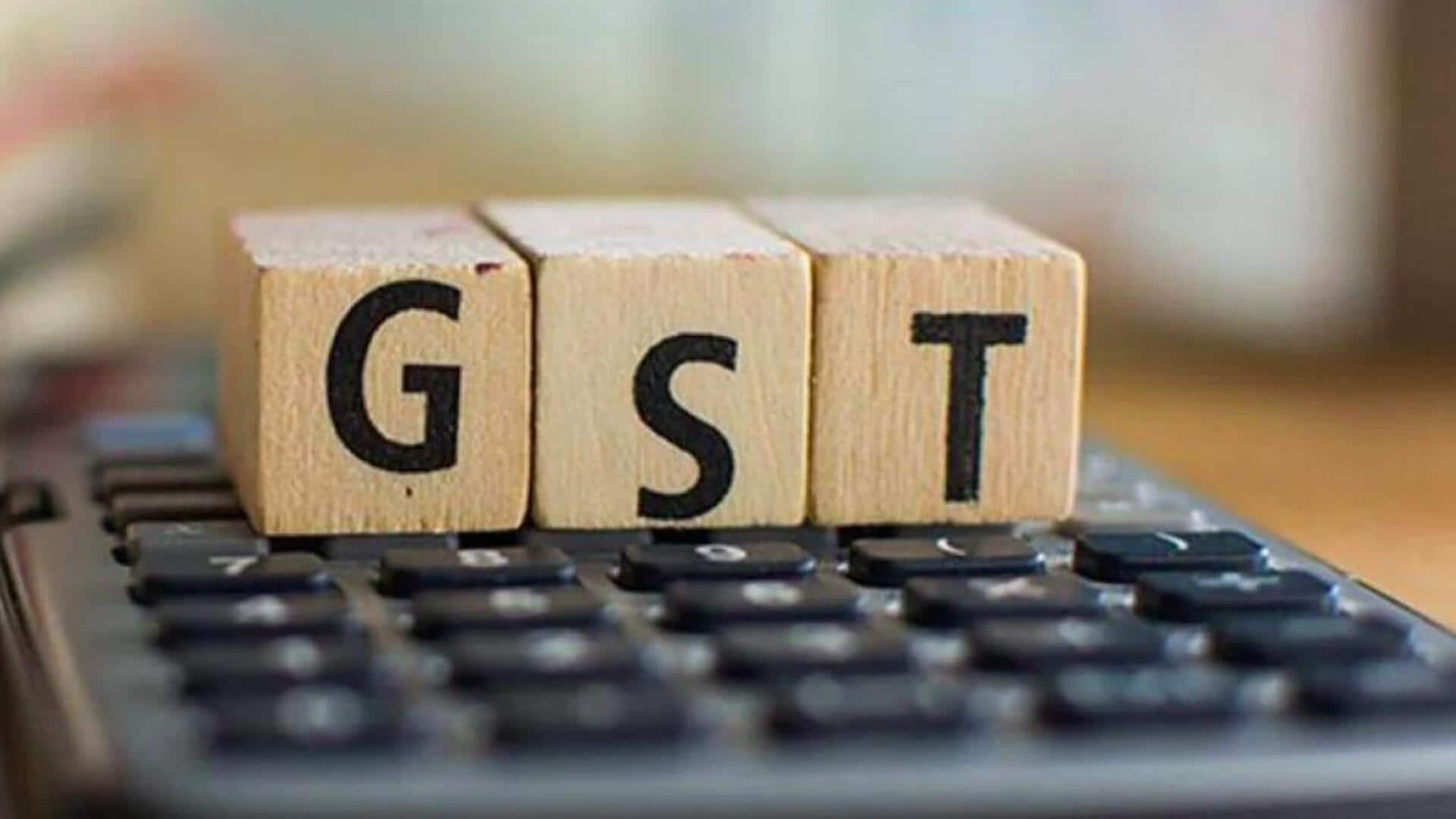
India's GST cess to deliver ₹70,000 crore bonanza to Centre
What's the story
The Indian government is projecting a substantial surplus of approximately ₹70,000 crore from Goods and Services Tax (GST) compensation cess collections. This surplus is expected even after repaying loans incurred during the COVID-19 period on behalf of states. The unexpected financial windfall is largely due to robust collections from 'sin goods' such as pan masala, cigarettes, and automobiles.
Cess collection
'Sin goods' cess collections exceed expectations
The GST compensation cess is an additional tax imposed on 'sin goods' such as pan masala, cigarettes, and carbonated beverages, over and above the peak 28% tax they attract. A senior official told ET, "Going by the collection trend we would be able to make a prepayment of all the loans much ahead of the March 2026 deadline and would also be left with about ₹65,000-70,000 crore." This projection is based on revenue forecasts ahead of the FY25 budget presentation.
Surplus allocation
Future utilization of cess surplus undecided
The Centre has yet to determine how to use the additional cess amount. Officials anticipate this matter will be addressed in today's GST Council meeting when rate rationalization discussions commence. At the 52nd GST Council meeting in October 2023, Finance Minister Nirmala Sitharaman stated that the body may decide on the roadmap for cess collection after March 2026 when the levy concludes.
Loan repayment
Cess collection aids in repayment of COVID-19 loans
The Centre had guaranteed a 14% Compound Annual Growth Rate (CAGR) in tax revenue to states for five years from July 1, 2017. Any deficit was to be compensated through collections from the compensation cess. This compensation ended in June 2022 but was extended till March 31, 2026, to repay interest and principal on ₹2.69 lakh crore borrowed during COVID to meet deficit in cess fund.